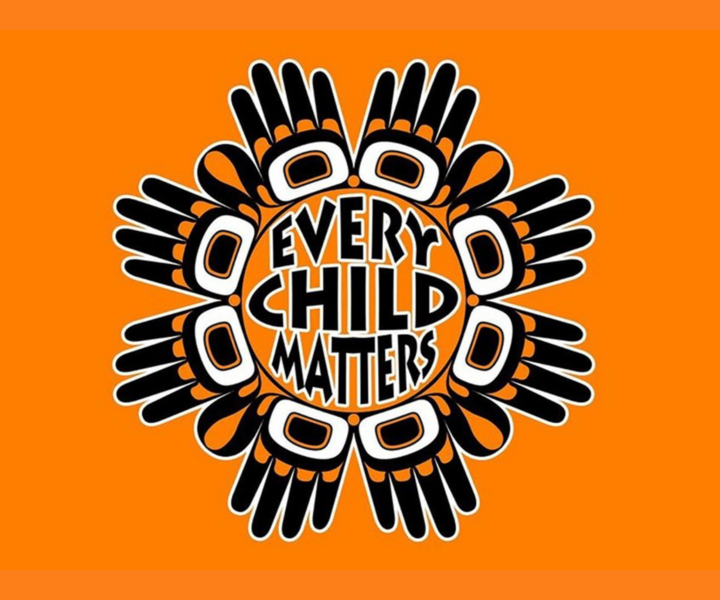There are no words adequate to express the horror and sadness of the discovery last week of the remains of two hundred and fifteen missing Indigenous children in Tk’emlúps te Secwépemc territory. But words are the tools of change, of education and of support, and so the University of Lethbridge Faculty Association wishes to express our deep condolences to the Indigenous families and community in Kamloops and Tk’emlúps te Secwépemc, and to all those who have been and continue to be harmed by the horrors of Canada’s residential school system.
We, who have dedicated our lives to teaching and research, recall at this time that education is not neutral, and that places of learning can be and have been corrupted into places of violent repression and destruction of diversity. The heartbreaking proof of this fact must be acknowledged, respectful preservation of this proof must be guaranteed, and understanding this proof must serve the “truth” identified in the Truth and Reconciliation Commission’s Calls to Action. This includes our own serious commitment to decolonizing our institutions of learning, including the University of Lethbridge.
We acknowledge with sadness that this discovery is not isolated, as reports such as Dr. Scott Hamilton’s “Where are the Children Buried?” make clear.
We uphold the Confederation of Alberta Faculty Associations (CAFA)’s call for governments to formulate action plans, according to the May 30 2021 demands of the Confederacy of Treaty Six First Nations and the TRC Calls to Action #76, to find and bring all missing and stolen children home to their communities. We also call for the “tangible outcomes” identified by the Blood Tribe Chief and Council concerning education, language preservation and cooperation, to be honoured.
We state our solidarity with our Indigenous colleagues and students, with the Indigenous people of the Siksikaitsitapii (Blackfoot Confederacy), Treaty 7 and Métis Region 3 territory on which our University is located, and with the struggles for truth, acknowledgement and healing of all Indigenous peoples.
Please feel free to reach out to ULFA’s Gender, Equity and Diversity Committee with any further thoughts.
The ULFA Executive


